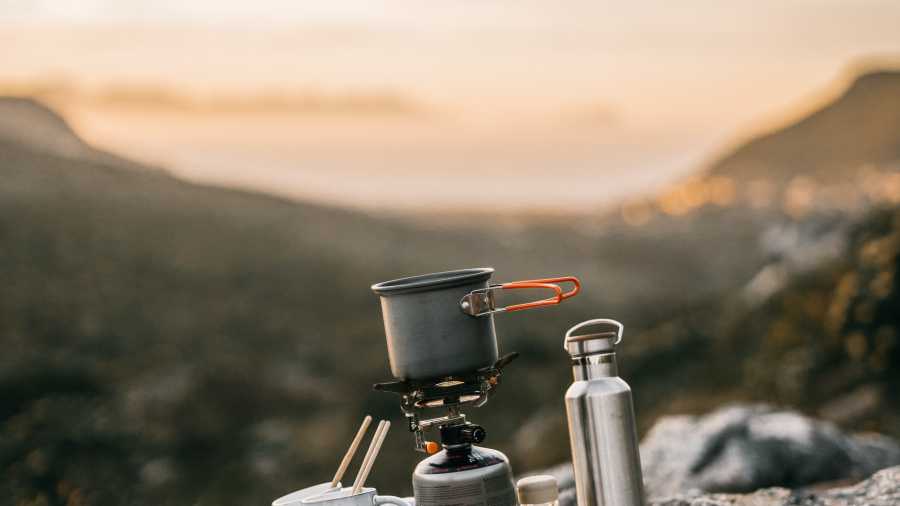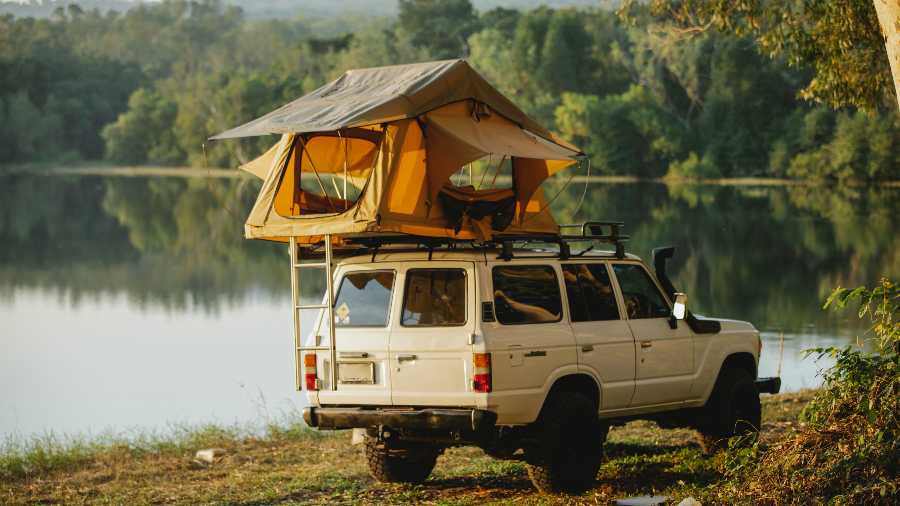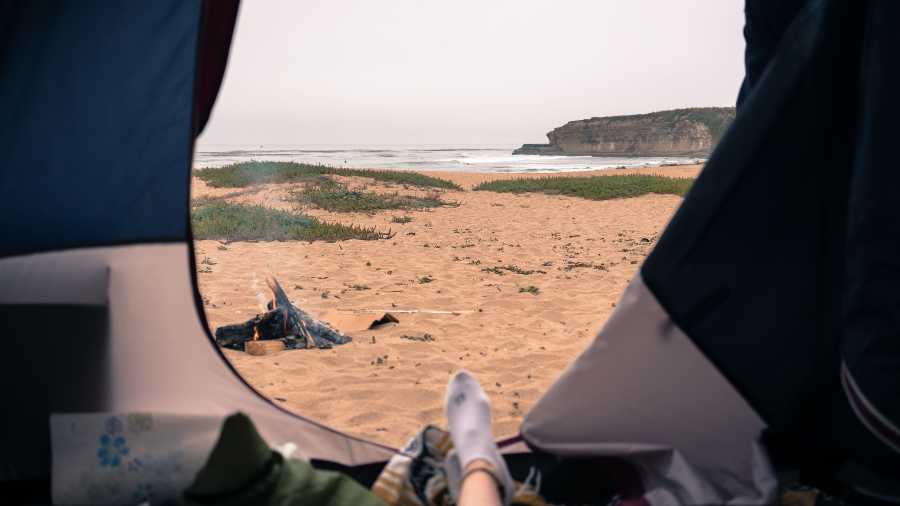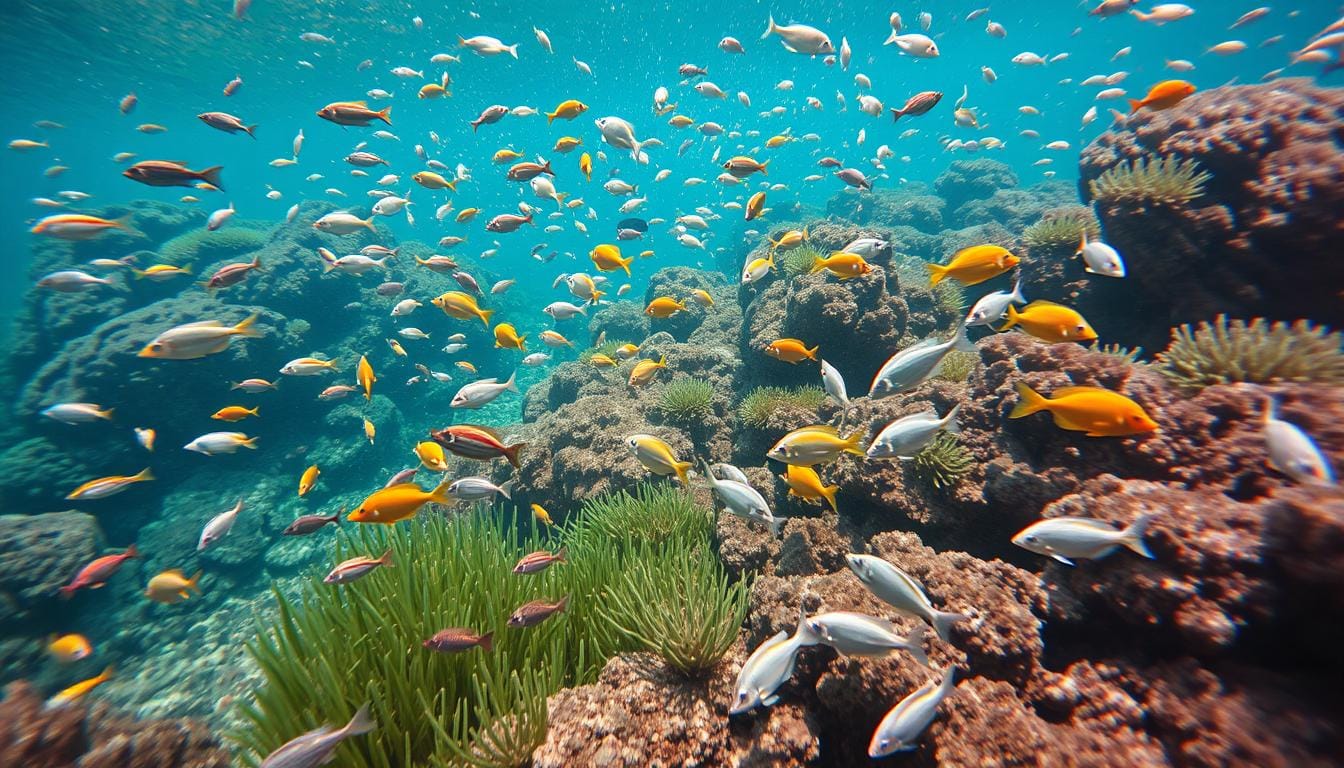Camping is a fantastic way to get outdoors and enjoy nature, but it can also be a bit overwhelming to plan for, especially if you’re new to the experience. Here are some tips to help you plan a successful camping trip that will leave you with nothing but great memories.

First and foremost, it’s important to have a clear idea of what you want to get out of your camping trip. Are you looking for a relaxing and peaceful experience, or are you looking for something a bit more adventurous? Knowing your goals will help you plan and prepare accordingly.
Next, you’ll want to choose a campsite that suits your needs. Do you want a more secluded spot, or are you okay with being around more people? Are you looking for a campsite with amenities such as bathrooms and showers, or are you comfortable with more primitive camping? Once you’ve decided on a campsite, be sure to make a reservation early to ensure you have a spot.
Next, you’ll want to gather all the necessary gear and supplies. This will include a tent, sleeping bags and pads, a camping stove and cookware, a flashlight or headlamp, and a first aid kit. Be sure to check that all your gear is in good working condition and that you know how to use it.
You’ll also want to pack clothes and footwear that are appropriate for the weather and terrain. Pack layers so you can easily adjust to changing temperatures, and be sure to pack a waterproof jacket and pants.
When it comes to food, planning ahead is key. Be sure to pack non-perishable items that don’t require refrigeration, as well as a cooler for any perishable items. Pack enough food for your entire trip, plus a little extra in case of emergencies. And don’t forget to pack a water filtration system or water purification tablets to ensure you have clean drinking water.
It’s also important to be aware of and prepared for any potential hazards. This includes understanding the weather forecast, being aware of any potential wildlife hazards, and having a plan in case of an emergency.
Another important aspect of planning a successful camping trip is to be mindful of your impact on the environment. This includes following Leave No Trace principles, which are guidelines for minimizing your impact on the environment while enjoying the outdoors. Some key principles to follow include:
- Plan ahead and prepare: Research the area you’ll be visiting, including trail conditions, weather forecasts, and any potential hazards.
- Travel and camp on durable surfaces: Stick to established trails and campsites, and avoid trampling on vegetation or disturbing wildlife.
- Dispose of waste properly: Pack out all trash, leftover food, and litter. Use established toilets or bury human waste at least 6 inches deep and at least 200 feet from water sources.
- Leave what you find: Avoid collecting or altering natural objects, such as rocks or plants.
- Minimize campfire impact: Use established fire rings or fire pans and burn only small, contained fires.
Another important tip for a successful camping trip is to be prepared for unexpected situations. This includes having a basic first aid kit, knowing how to use it and having a plan in case of an emergency. It’s also important to be aware of any potential wildlife hazards and know how to react if you encounter an animal.

Additionally, it’s a good idea to bring a map and compass and know how to use them. Even if you plan to rely on your phone for navigation, it’s important to have a backup plan in case of poor reception or a dead battery.
When it comes to packing, it’s important to be strategic about what you bring. While you may be tempted to bring everything you think you’ll need, remember that you’ll have to carry everything on your back. So, pack only the essentials and consider the weight and bulk of each item.
It’s also a good idea to pack a small repair kit, including duct tape, a multi-tool, and a few spare parts for your gear. This way, if something breaks, you’ll have the means to fix it and continue on your trip.
Finally, one of the most important aspects of a successful camping trip is to have fun. Don’t put too much pressure on yourself to have the perfect trip, and remember that things don’t always go as planned. Be flexible and enjoy the journey, and you’ll have a great time no matter what happens.
Be sure to leave a detailed itinerary with a trusted friend or family member and make sure your phone is fully charged before you leave. It’s also a good idea to bring a map and compass and know how to use them.
By following these tips, you’ll be well on your way to planning a successful camping trip. Remember to stay flexible and be prepared for the unexpected. And most importantly, have fun!







Μία Απάντηση